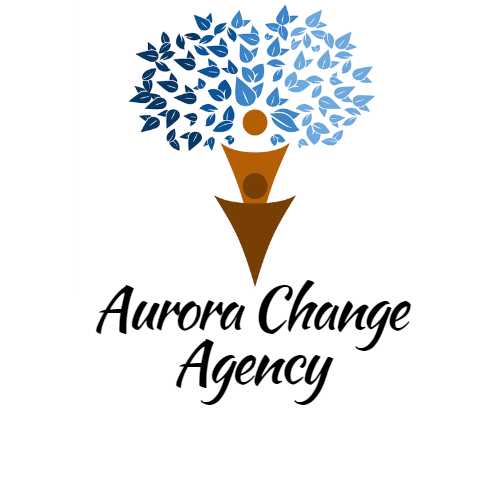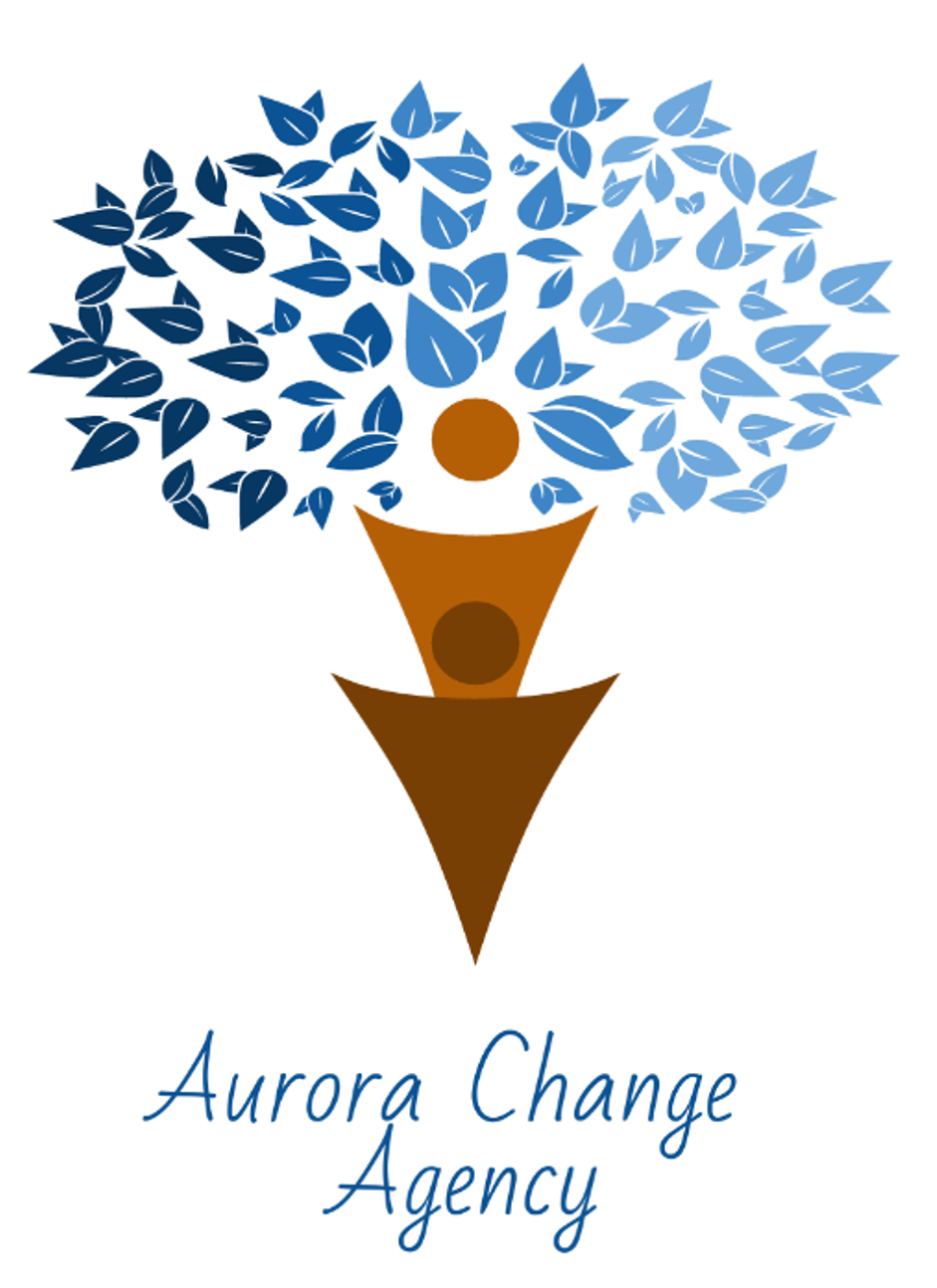Shani’s take
Thanks for visiting Aurora Change Agency! You have arrived at my “I perspective” space. Those who have worked with me know I create spaces where folks can engage in perspective-taking, often for the first time. Those perspectives are often identity-based, but don’t necessarily reflect the perspectives of those with the same or similar identities. Truth is, all we have is our perspective. That’s the intrapersonal stuff. If you’re like me, you don’t do a lot of uninterrupted self-reflection unless there’s a space created to do it - whether alone or with others who may or may not have the same perspectives as you.
So that’s why I started Aurora Change Agency. We all have different perspectives. Those perspectives inform the lenses through which we experience the world. I started doing DEI work (known then as just diversity work, which had evolved out of “sensitivity training” - the sound of which still makes me cringe) back in the 90’s during my time at the YWCA. I was twenty-something then, and had an entirely different perspective on the world than I do now. Lived experience - geographic location changes, births, deaths, personal revelations, and all the things in between - have given me a different take than I had in 1997. I also realize the need to stay generationally aware, as we know folks’ perspectives can vary based upon the ways of the world in which we were born. Though I am Aurora Change Agency’s principal consultant, I realize I can’t do all the things, so I maintain a circle of professionals I refer out to with different skills, experiences - and, perspectives - that inform the way we do this work. All of our perspectives are relevant. We help you understand where they came from and how they can affect what you do.
You may notice I have two of my favorite quotes as the header for this blog space. Dr. Cornel West - who I had the pleasure and privilege of hearing speak while a student at UNC - Chapel Hill - aligns justice with love. Justice, which is also relative and perspective-based, is at its core humane. To create humane spaces where people don’t have to manage their identities or perspectives because of the way they will be perceived or interpreted - which by the way takes A LOT of energy that could be applied to whatever it is they are supposed to be doing - is essentially an act of acknowledging one’s humanity, which is a lot like love. So, this is heart and head work for me. You have to have both in it - the love part is the heart, helping to affirm each other’s perspective-based humanity so they don’t have to endure unjust people, places, and things; the head part is the how, often involving how we got here and how it’s relevant to the task at hand.
The other quote by Fredrick Douglass is one I have lived by doing DEIB, social justice, JEDI, anti-racist, and all of the names these efforts have been called over the years. To be sure, this work is HARD. Both for those leading it, and for those engaging in it. There are truths we have to face about ourselves and others that often lead to cognitive dissonance, which I believe is inextricably linked with this work. However it has to continue in order for anything to change. The first piece of ‘real” art that I ever bought is a painting in my living room of Frederick Douglass overlayed with an advertisement for the “Public Sale of Negroes.” I couldn’t stop looking at it; I was literally frozen, as the enslaved humans they were describing sounded like my daughters and me. And to think that about 158 years ago we would have existed as 3/5 of a human and could have been sold off and separated - is a lot of why this work is inextricably linked with my personhood. If you think about it, that wasn’t that long ago. My father was born in 1933 Alabama, and the stories he had to tell. He was the first Black professor at North Carolina State in 1971. Some of you were alive then. We’ve come a long way, but anyone who thinks we are “there” is, bless their heart, delusional. There’s always work to do. Everywhere. All the time. If you don’t notice it, it’s probably because you have the privilege of oblivion - it just doesn’t affect you the way it inevitably does others.
So, that’s who I am. That’s why I’m here. I don’t like to use the term “expert” in this space, because cultural humility allows me to learn from every engagement I have with every human, so I can’t be the expert of everybody’s perspectives. But I do know how to assess what you need, work with you to create it, and deliver in a way that is relevant, engaging, and effective. If you’re down for that, let’s do this!
To Progress,
Shani

